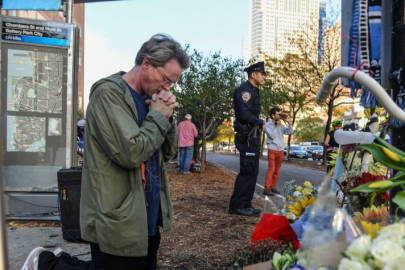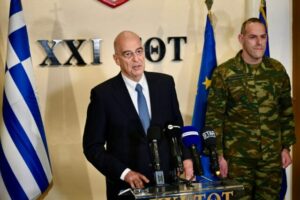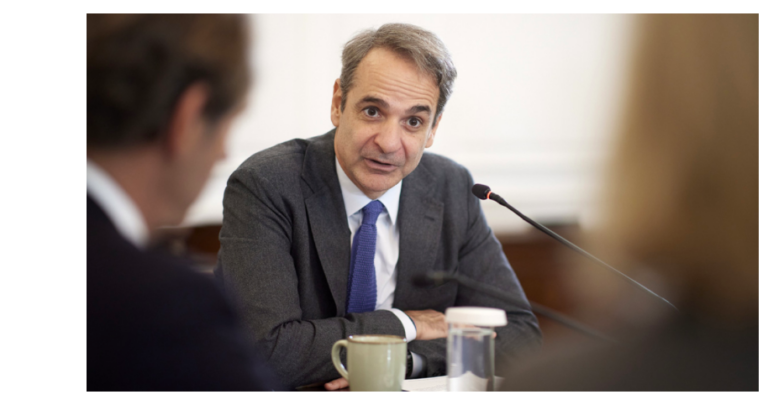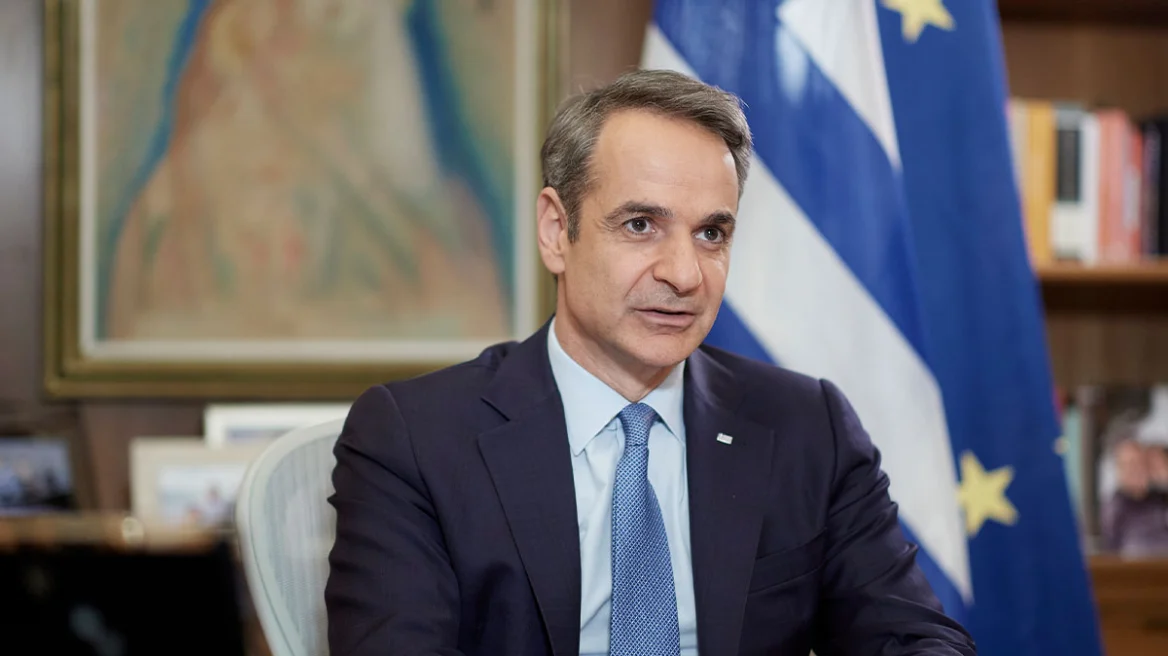More than two days after authorities said a man with apparent allegiance to the Islamic State drove a truck onto a Manhattan bike path, killing eight and injuring a dozen others, the militant group declared that the attacker was a “soldier of the caliphate.”
This declaration late Thursday fell short of claiming that the Islamic State had coordinated or directed the attack, but instead suggested that the rampage was inspired by the militant group. Law enforcement officials in the United States had said previously the suspect appeared to be guided by Islamic State ideology.
Federal authorities charged Sayfullo Saipov, a 29-year-old Uzbek immigrant, with carrying out the attack Tuesday, saying that it appears he was radicalized online sometime after coming to the United States in 2010. They say he chose Halloween to inflict maximum carnage, and he could potentially face the death penalty.
While investigators continue to probe whether he had any communications or direction from any Islamic State officials, that does not appear to be the case so far, law enforcement officials said.
Precisely how the Islamic State responds to attacks can signify its possible level of involvement. After the 2015 attacks in Paris, highly detailed news releases were quickly distributed. But, in other cases, claims of attackers as a “soldiers” will follow only after media reports emerge publicly showing that suspect or suspects had declared their allegiance to the group.
The Islamic State’s claim appeared to have resonated with President Trump, who paused a Friday morning tweetstorm largely focused on domestic politics to announce that the military had increased action against the group.
It was not immediately clear what action Trump was referring to. It was also unclear how the Islamic State’s claim on Thursday could have had any bearing on military action over the previous two days or whether a response was already underway after the attack.
After the attack Tuesday, authorities quickly turned to terrorism as a motive and said the driver had written notes referencing the Islamic State.
In the criminal complaint filed in federal court, the FBI said Saipov had reams of Islamic State propaganda on his cellphones. Saipov told authorities he was particularly inspired by a video of Islamic State leader Abu Bakr al-Baghdadi asking Muslims in the United States what they were doing to respond to the killing of other members of their faith in Iraq, the complaint states.
The Islamic State, also known as ISIS, has urged adherents and followers to carry out attacks using vehicles such as trucks. As the group has suffered repeated losses on the battlefield and seen its self-declared caliphate shrink, terrorism by vehicle has become an attack of choice for supporters across the world. It has been used to deadly effect in France, Britain, Germany, Sweden, Spain and elsewhere.
Authorities said the New York suspect appeared to have closely hewed to the Islamic State’s guidance for carrying out such attacks. John Miller, the deputy commissioner of intelligence and counterterrorism at the New York City Police Department, said Saipov “appears to have followed almost exactly to a T the instructions that ISIS has put out in its social media channels.”
Among other things, Miller said, that included the notes Saipov left behind declaring his allegiance. Court papers say one note, written in Arabic, could be translated in part to read: “Islamic Supplication. It will endure.”
After rampaging through the bike path in a rented Home Depot truck, police say, Saipov crashed into a school bus and got out. A police officer called to the scene shot and wounded him, and Saipov remains hospitalized. In the complaint, authorities said Saipov expressed pride in what happened and asked if he could display an Islamic State flag in his hospital room.
The Islamic State’s claim in this case was not made through the Amaq News Agency, which is linked to the group and often used to assert responsibility for attacks, but was offered in al-Naba, the group’s weekly newspaper, according to SITE Intelligence Group, which monitors extremist activity.
The group has claimed credit in the past for terrorist attacks committed by people who were inspired by its propaganda efforts but did not have any direct connections to anyone in the organization. It also asserted responsibility for the Las Vegas shooting rampage last month, although American authorities quickly dismissed that.
Source: washingtonpost.com
Ask me anything
Explore related questions





